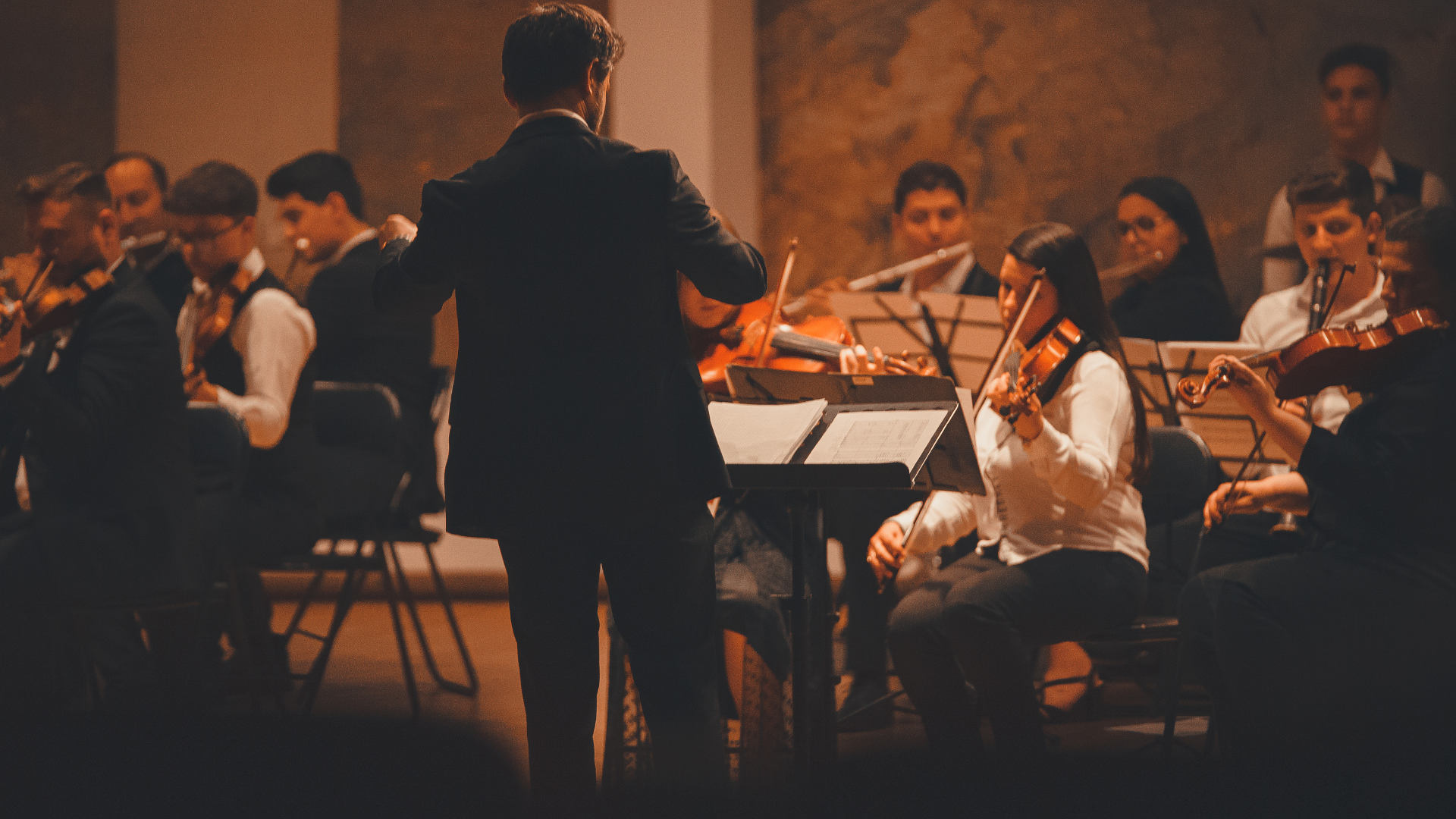Music can move our souls, evoke emotions we didn’t even know existed, and transport us to a different world. But have you ever wondered who controls this magic? Who is responsible for bringing all the instruments together in harmony?
That’s where music conductors come in! They are the masterminds behind every musical masterpiece that leaves us spellbound. In this blog post, let’s explore the role and importance of music conductors and how they shape our musical experiences.
The History of Music Conductors
Though the art of music conducting has been around for centuries, it wasn’t until the 18th and 19th centuries that orchestras began to use conductors regularly. The early years of conducting were marked by a great deal of experimentation and innovation as different conductors tried out different techniques to see what worked best. This period saw the development of many of the conducting techniques and traditions that are still in use today.
The late 19th and early 20th centuries were something of a golden age for music conductors. Many great conductors emerged during this time, including such legends as Arturo Toscanini, Leonard Bernstein, and Gustav Mahler. These conductors helped to raise the art form to new heights, setting the stage for the great conductors of today.
Today, music conductors are still seen as an integral part of the orchestra. They shape performances through their baton technique and inspire musicians with their passionate interpretations of the music. Conductors continue to push the boundaries of the art form, helping to ensure that it continues to evolve and remain relevant in today’s musical landscape.
The Different Types of Music Conductors
There are four different types of music conductors: symphony conductors, opera conductors, band conductors, and choral conductors. Symphony conductors are responsible for leading an orchestra during a symphony performance. Opera conductors usually work with an opera company and are in charge of conducting performances of operas.
Band conductors typically work with concert bands, marching bands, or other types of musical ensembles. Choral conductors typically work with choirs and are responsible for leading them during rehearsals and performances.
No matter the type of conductor, they all typically have a background in music theory and composition, as well as extensive knowledge of their chosen musical genre. Most conductors also possess strong leadership skills and the ability to make quick decisions while managing large groups of musicians.
In addition to these four main types of music conductors, there are other specialized types, such as jazz conductors and theater conductors. Jazz conductors lead jazz ensembles to perform improvisational pieces. Theater conductors are responsible for directing musical performances in theaters and other venues.
How to Become a Music Conductor
Conductors are responsible for leading the performance of an orchestra, choir, or other musical groups. They typically wave their arms or beat time to keep the performers on track. A conductor may also give instructions to individual musicians during a performance.
Most conductors have extensive musical training and experience performing in an orchestra or other ensemble. Many conductors hold a bachelor’s or master’s degree in music, but there is no formal education requirement to become a conductor.
Conductor auditions are usually held by professional orchestras and choirs. These organizations typically require candidates to submit recordings of their performances, as well as resumes and references. The audition panel will listen to the recordings and observe the candidate’s conducting techniques to determine if they are suited for the position.
Those who are interested in becoming a music conductor should consider taking private lessons from a conducting coach. This will help them develop their skills and prepare for auditions. There are also many books and online resources that can be helpful for aspiring conductors.
Music conductors play a vital role in the performance of any piece of music and are instrumental in creating an enjoyable experience for both the audience and performers. They provide leadership, guidance, and support to their musicians while maintaining accurate tempo and rhythm.
Their ability to interpret music with precision, understanding, and imagination is what sets them apart from other musicians and makes them so essential to any musical ensemble. With the right conductor at hand, you can be sure that your performance will shine!

